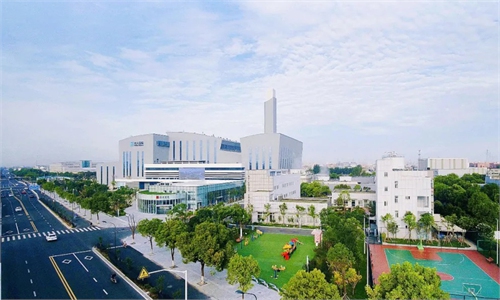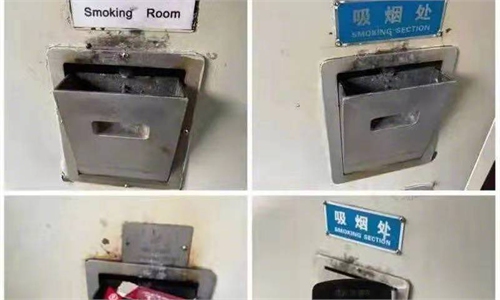ENGOs in China working closely with government on environmental protection
Partners for protection
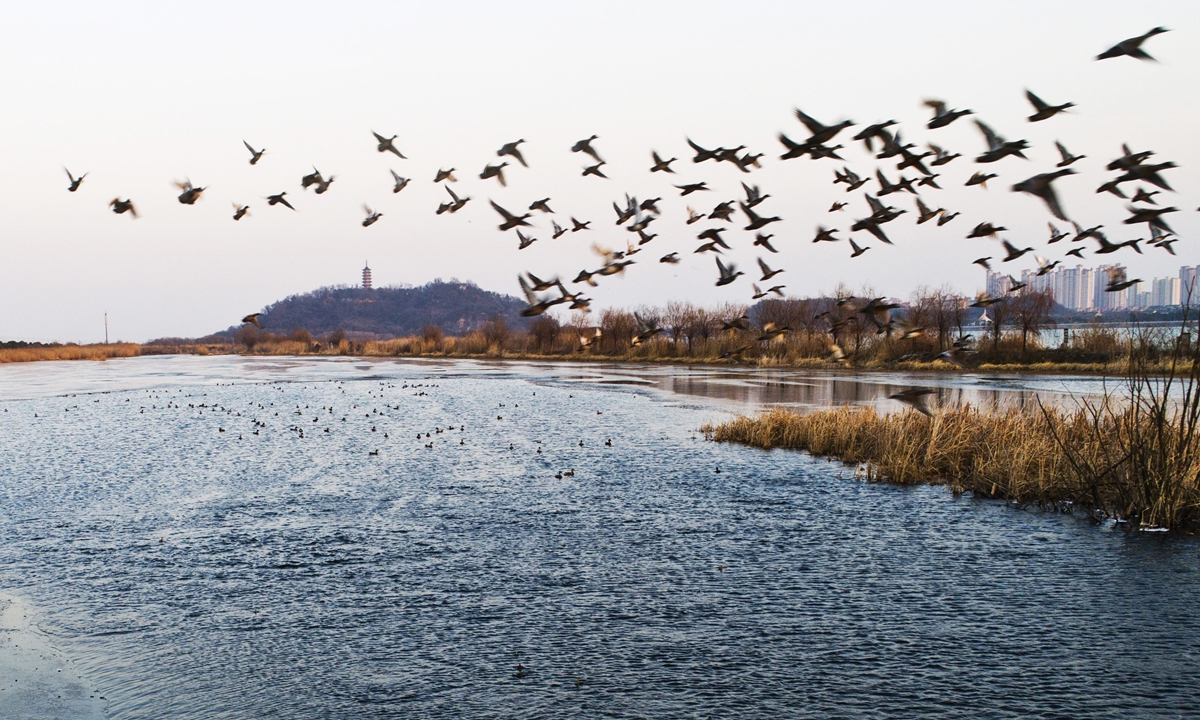
Photo: IC
Since the initial site selection of a hydraulic project for Poyang Lake - one of China's largest freshwater lakes in the Yangtze River basin - was made public earlier this month, environmental volunteer Liu Huili and her coworkers have been trying hard to persuade the government to give up the idea.
"No matter it's a dam or a sluice gate, the project may hurt local ecological environment," Liu said. These days, along with many other volunteers, she has been busy submitting objections, collecting public signatures and asking environment and hydraulic experts for advice. "It will affect local creatures such as finless porpoises and many migratory birds," she said.
Liu is a core member of Let Birds Fly, an eight-year-old non-governmental environmental protection organization (ENGO) that focuses on wildlife protection in China. More than 100 members and volunteers of the group have been reporting illegal wildlife hunts and trades they find across China to the police, and making suggestions for the country's ever-improving wildlife protection laws.
There were some 6,000 ENGOs similar to Let Birds Fly in China in 2017, official data shows. Unlike the smearing by some US media that ENGOs' space is squeezed by Chinese authorities, these organizations are active on the front line of environmental protection and supervision, and most of them have good relations with local governments, industry insiders said.
"In fact, we have been promoting [the improvement of] local enforcement patterns," Liu told the Global Times.
Mutual support
Generally, ENGOs and Chinese governments at all levels maintain a cooperative rather than confrontational working relationship, said both China's domestic environmental groups and Chinese branches of international organizations reached by the Global Times.
Before making environmental policies or approving major construction projects, governments listen to the suggestions and concerns of local ENGOs. Although it's hard for authorities to fully adopt every environmentalist's suggestions - some of them can be extreme at times - authorities usually take the suggestions into account when making decisions, some ENGO staff told the Global Times.
Let Birds Fly volunteers have long been working with authorities on cracking down wildlife trade. In a recent case, its volunteers reported to the local government the illegal sale of wild birds they witnessed in three shops on Friday in Guangzhou, South China's Guangdong Province. Local authority soon seized and freed the nearly 800 wild birds the shops had sold after receiving the report, it said on its Weibo account.
Similar cases happen "almost every day," Liu said. "Actually, we realize that the law enforcement bodies attach importance to [our reports] - they don't simply regard the public's supervision or exposure as criticizing the government," she told the Global Times.
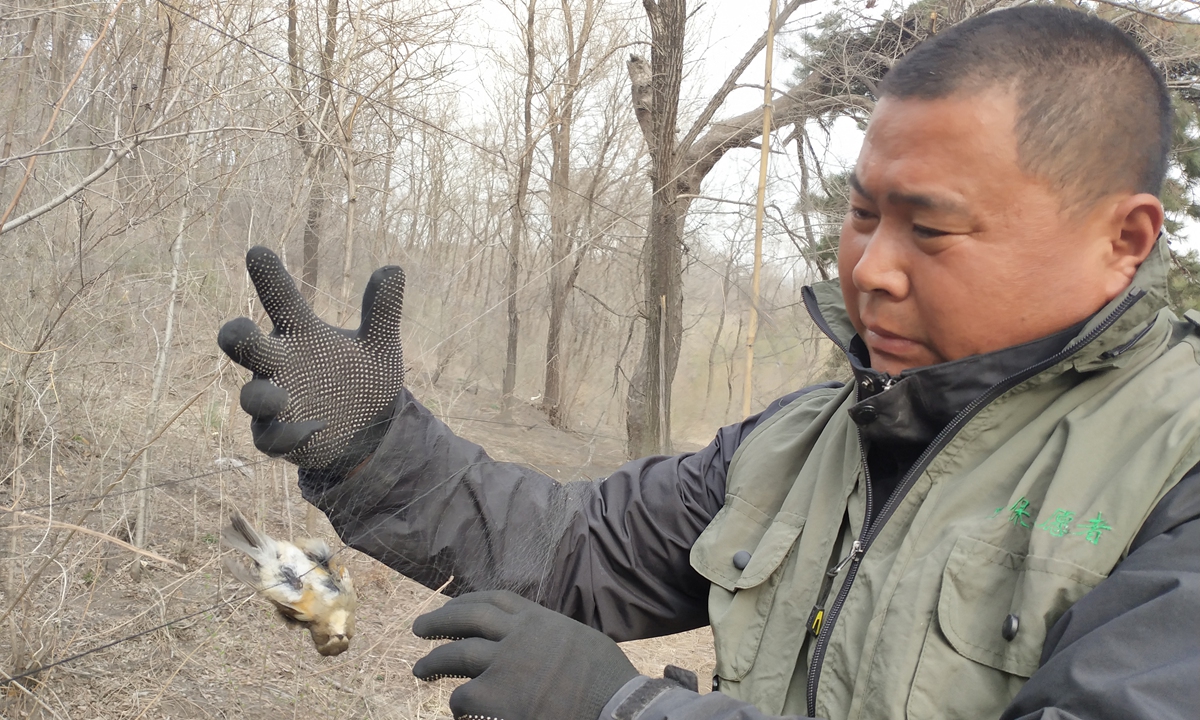
Members of Let Birds Fly saves a bird Photo: Courtesy of Let Birds Fly
Liu mentioned a case in Beijing's neighboring metropolis Tianjin, where underground wild bird trades were rampant. The city's bird trade problem caught public attention in 2012, when 22 oriental white storks, a world-class endangered bird, were found dead from poisoning there.
In the following years, ENGO volunteers, media and Tianjin residents kept reporting the illegal bird hunts and trades they found in the city to the local government. This former "birds' hell" became more and more friendly to birds with their joint efforts, and since around 2016, "people can't find even one trapping net in place in the city," Liu said.
In Beijing, ENGO Institute of Public and Environmental Affairs (IPE) has been focusing on collecting, collating and analyzing environmental information disclosed by governments and companies in China since it was established in 2006.
As of August 2020, there are more than 1.8 million regulatory records of companies and 2 billion pieces of environmental data that can be referred to on IPE's website, said IPE's Deputy Director Wang Jingjing.
"Our 'Blue Map' data platform provides the public with environmental quality information, emission data and pollution source supervision records in 31 provincial-level regions and 337 prefecture-level cities in China," Wang told the Global Times.
In May 2020, the IPE launched an activity to encourage netizens to take photos of garbage classification in their communities. The activity collected waste classification photos from more than 1,400 communities in 157 cities across the country.
"We summarized the general models of community waste classification based on the photos, and sent them to the Beijing civil affairs authority for reference," Wang said.
Wang feels that the role and power of the ENGOs have been getting more recognition from the government in recent years, "especially those ENGOs with professional capability and strength," she said. In 2019, IPE's founder and Director Ma Jun was invited by the Ministry of Ecology and Environment to be one of its first batch of 10 "special (environment) observers," she added.
International ENGOs in China also receive official recognition and support. In a statement sent to the Global Times last week, multinational ENGO Greenpeace said that it has interactions with China's Ministry of Public Security and Ministry of Ecology and Environment, which assures that Greenpeace can conduct its projects in China legally.
Ever since China's law on overseas NGO's activities in the (Chinese) mainland came into effect in 2017, there is communication and trust between Greenpeace and the Chinese government, read the statement.
More to do
China has accelerated its environmental protection process. In 2020, it passed the Yangtze River Protection Law, amended wildlife protection law to make it stricter, and set a higher carbon emissions reduction goal.
The ENGOs have taken note of China's environmental protection ambition. With the green transition and high-quality development, as well as the global climate activities, China is capable of leading the green development of the world and realizing its promise on climate change, Li Yan, chief representative of Greenpeace, told the Global Times.
The ENGOs nonetheless urge the government to do more in both environmental preservation and supporting thousands of ENGO volunteers nationwide.
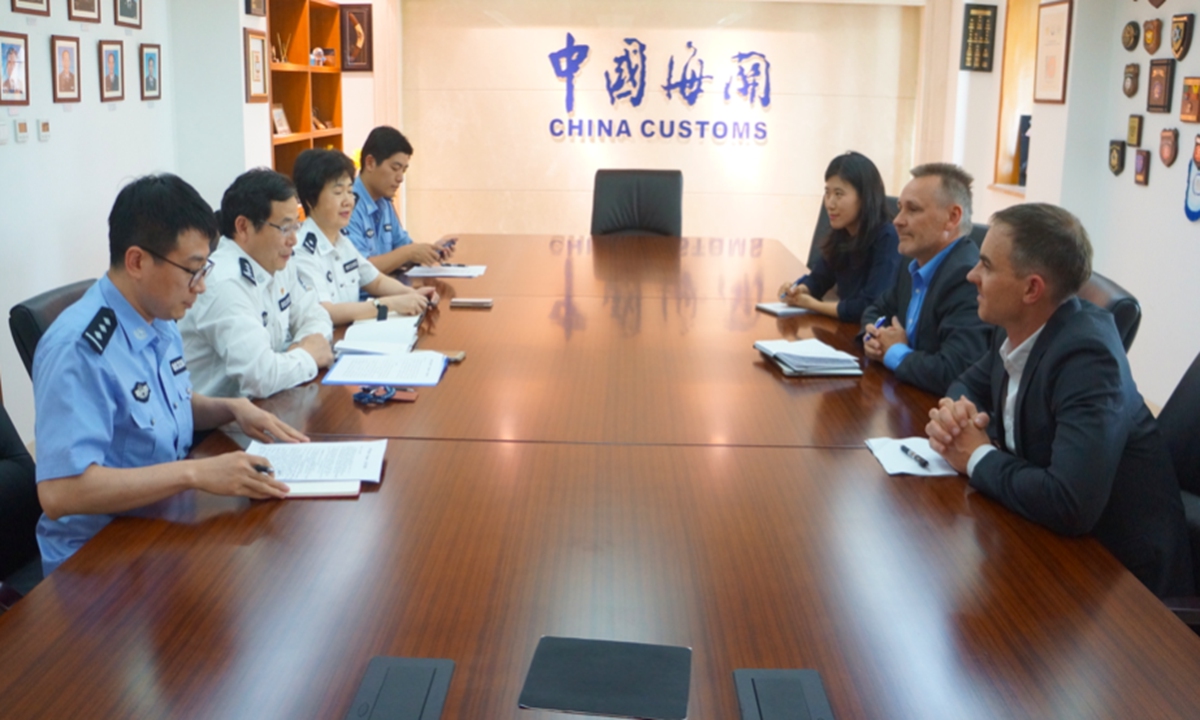
WildAid and Anti-Smuggling Bureau of the General Administration of Customs communicate on cracking down wildlife trade in 2019. Photo: Courtesy of WildAid
IPE's Wang hopes Chinese authority can achieve more breakthroughs in information disclosure in the environment field.
"The government's environmental information disclosure, such as information related to pollution control, carbon emission and carbon trading market, is essential to our work," Wang said.
Greenpeace said it hopes the Chinese government could invite more overseas and domestic ENGOs to get involved in the environmental policy-making, which will enable the ENGOs to better "understand the policies, and support and supervise their implementation," it said.
Earlier this month, authorities in Beijing invited several ENGOS and environmental experts to a closed-door discussion, listening to their opinions and concerns about the controversial plan of the Poyang Lake hydraulic project, Liu said.
"We will continue to appeal to drop the plan," she said.
Liu also appealed the government to financially support the ENGOs that have financial difficulties through ways including procurement of public services.
One of the biggest problems that Liu's Let Birds Fly currently faces is the shortage of funds, Liu said. "Some 95 percent of the group's money comes from donations," she added.


